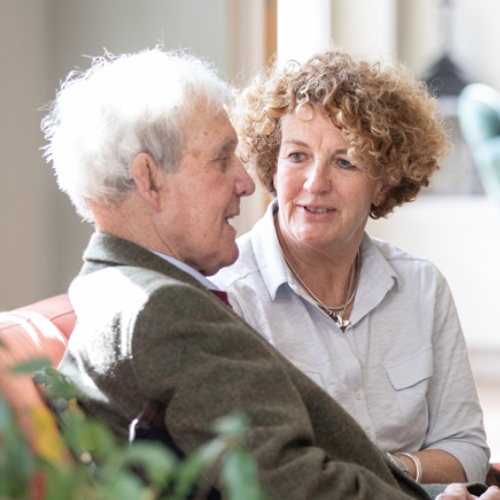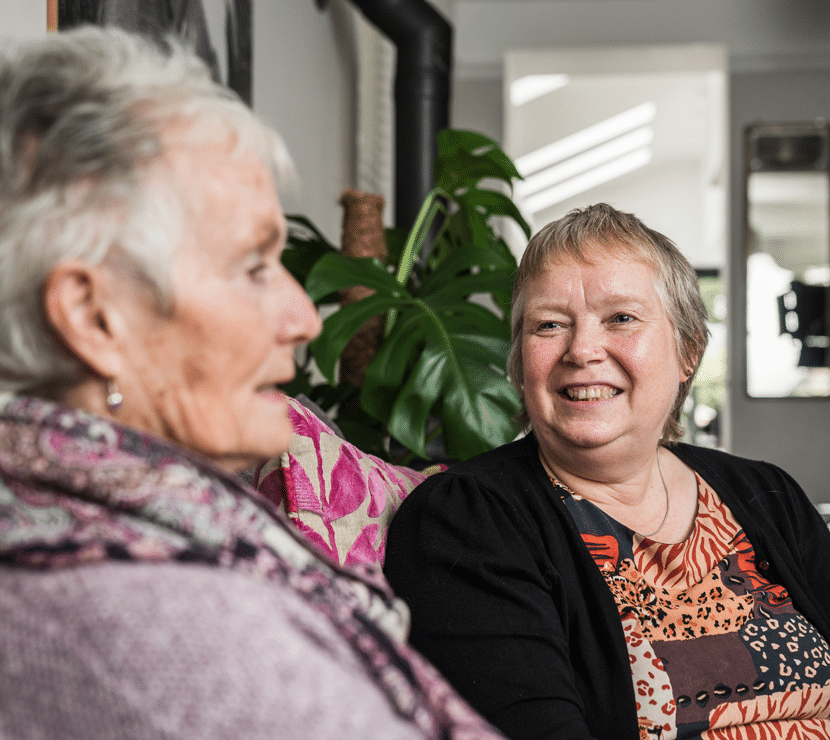
What is power of attorney?
A Power of attorney (POA) gives a trusted person the legal authority to make decisions on behalf of a loved one if they lack the mental capacity at some time in the future or no longer wish to make decisions for themselves.
Power of attorney is generally given to a family member or close friend. The nominated person will be able to make decisions regarding the health and care or personal finance-related matters on behalf of their loved one.
Starting the conversation
If you feel that a loved one would benefit from having a POA, it’s best to start the conversation early – before your loved one’s health starts to decline or when a diagnosis is first made. A POA can be applied for at any stage, even if a person is in good health, and it does not need to be activated until it is required. Having a conversation at an early stage can be useful rather than waiting for an event to occur. This allows the person concerned to explain their preferences in more detail. When you raise the topic, try to do it in a constructive and understanding manner; explain that having this conversation now means you will be prepared for the future.
Health and welfare decisions can include:
- Place of residence
- Day-to-day care (e.g. diet and dress)
- Who they have contact with
- Consenting to or refusing medical examination and treatment
Make sure to create a safe and comfortable space with minimal distractions to have this conversation. Take care not to make siblings or other relatives feel left out, but limit the number of people present so your loved one doesn’t feel overwhelmed.
Explain what the status means
It can be difficult for older people – parents especially – to initiate this conversation as they may worry about overburdening you or changing your relationship fundamentally. Assure your loved one that POA won’t take away their right to make their own decisions, it just sets in place a process for when they’re no longer able to do so. Help your loved one understand that you won’t be acting as an authority figure, but as an advocate whose sole intention is to ensure their voice heard. Encourage your loved one to speak to you honestly about major factors, such as:
- Whether they’d prefer to be cared for at home or in a residential setting
- How they would like their finances to be arranged
- What their opinions on medical care and life-sustaining treatment are
Keep them involved for as long as possible
Your loved one’s capacity to make decisions may change from day to day, or they may be able to make decisions about some aspects of their life, but not others. Make sure your loved one knows this is an ongoing dialogue, and that they will keep making their own decisions until it’s clear that they’re no longer able to. Check in every few weeks to see whether they’ve thought more about the POA, and how they would like their preferences to be recognised.
If you’re unsure about your loved one’s capacity, always speak to their doctor who can arrange to carry out a capacity assessment. Making sure your loved one’s voice is heard, even after they’ve lost the capacity to express it, is a major task and a legal responsibility which can help to ensure that they continue to live by the choices that have given them a happy life.
If you would like to learn more about how we can help to support your loved one as their care needs change, call on our friendly team today on 01865 519 044
Learn more about the type of Power of Attorney here.





